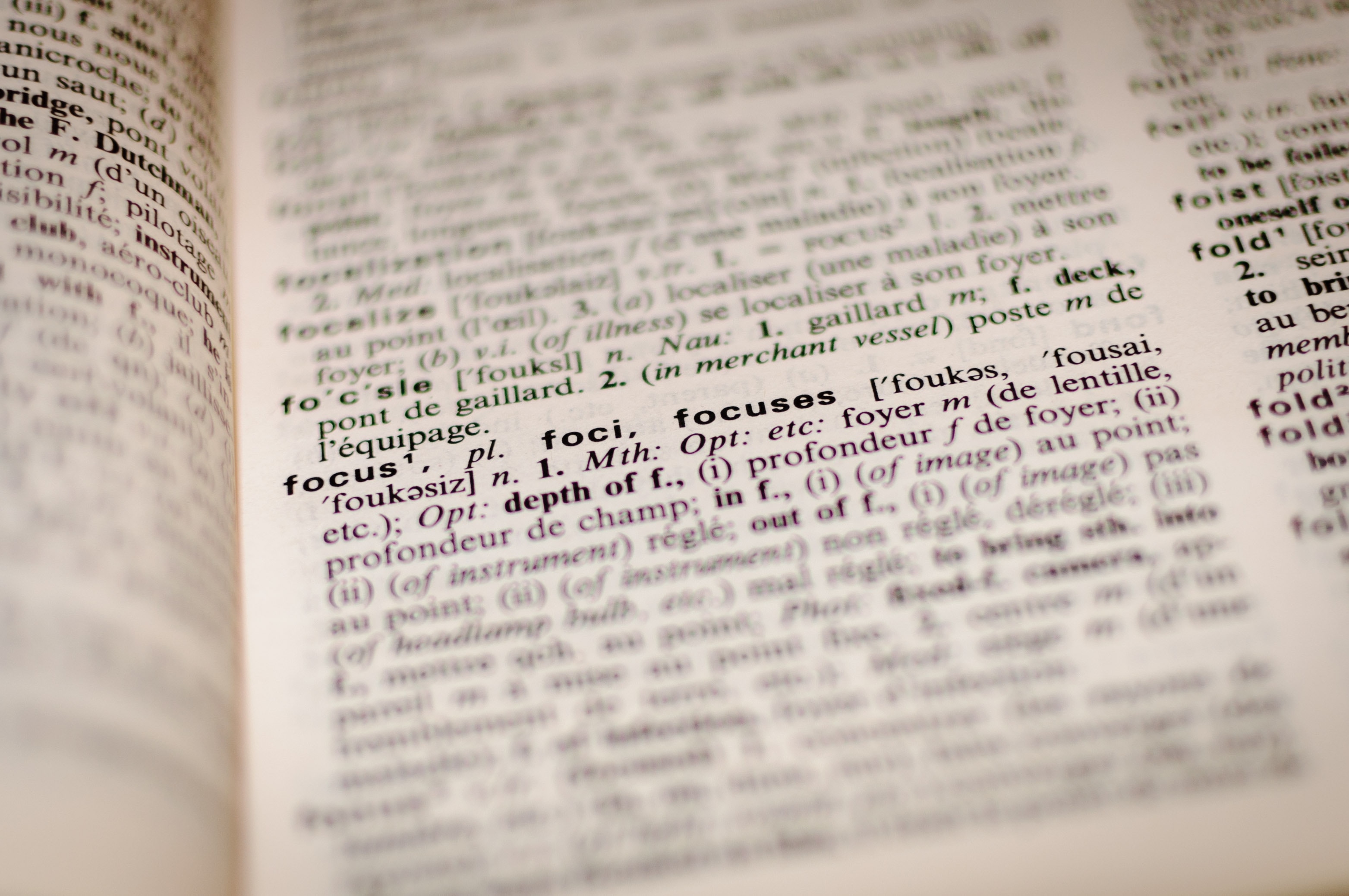English, as a discipline, manifests itself in two distinct yet interconnected facets: the English language and English literature. While intertwined, they represent different dimensions of study, each with its own characteristics, scopes, and significance. So what is the difference between english language and english literature?

English Language: The Framework of Communication
The English language serves as a fundamental tool for communication, connecting individuals across the globe. It encompasses grammar, syntax, semantics, phonetics, and pragmatics, forming the framework through which ideas, emotions, and information are conveyed. Studying English language involves understanding its structure, usage, and evolution, exploring its linguistic intricacies, and delving into its varied forms and dialects spoken worldwide.
Proficiency in English language skills is vital in today’s globalized world, facilitating international communication, commerce, and diplomacy. It involves mastering reading, writing, speaking, and listening, thereby empowering individuals to express themselves effectively and comprehend diverse perspectives.
English Literature: The Artistic Expression of Language
English literature, on the other hand, encompasses the written artistic expressions within the English language. It delves into the rich tapestry of literary works crafted by authors across centuries, ranging from poetry, prose, drama, novels, essays, and more. This branch of study involves analyzing and interpreting literary texts, exploring themes, characters, narrative techniques, and historical contexts.
Studying English literature is an exploration of human emotions, cultures, and experiences. It unravels the complexities of human nature, societal dynamics, and historical epochs, offering insights into the evolution of thought, language, and creativity. Literature serves as a mirror reflecting the aspirations, conflicts, and aspirations of different eras, providing a deeper understanding of the human condition.
Differences and Interconnections
The primary distinction between English language and English literature lies in their focus and scope. English language primarily concerns itself with the structure, usage, and mechanics of the language itself, while English literature concentrates on the artistic and creative expressions manifested within that language.
However, these two disciplines are not isolated entities; they are intricately connected. English literature thrives within the confines of the English language, utilizing its nuances, vocabulary, and grammar to convey literary artistry. Conversely, a profound understanding of the English language enhances the appreciation and interpretation of literary works, allowing readers to comprehend the subtleties and complexities of the written word.
Complementary Dimensions of Study
In essence, English language and English literature represent complementary dimensions of the same linguistic realm. While the former serves as the foundation of communication and expression, the latter encapsulates the artistic essence and cultural heritage embedded within the language. Both disciplines offer unique insights and contribute significantly to our understanding of language, human expression, and the interconnectedness of culture and literature, enriching our intellectual landscape.

